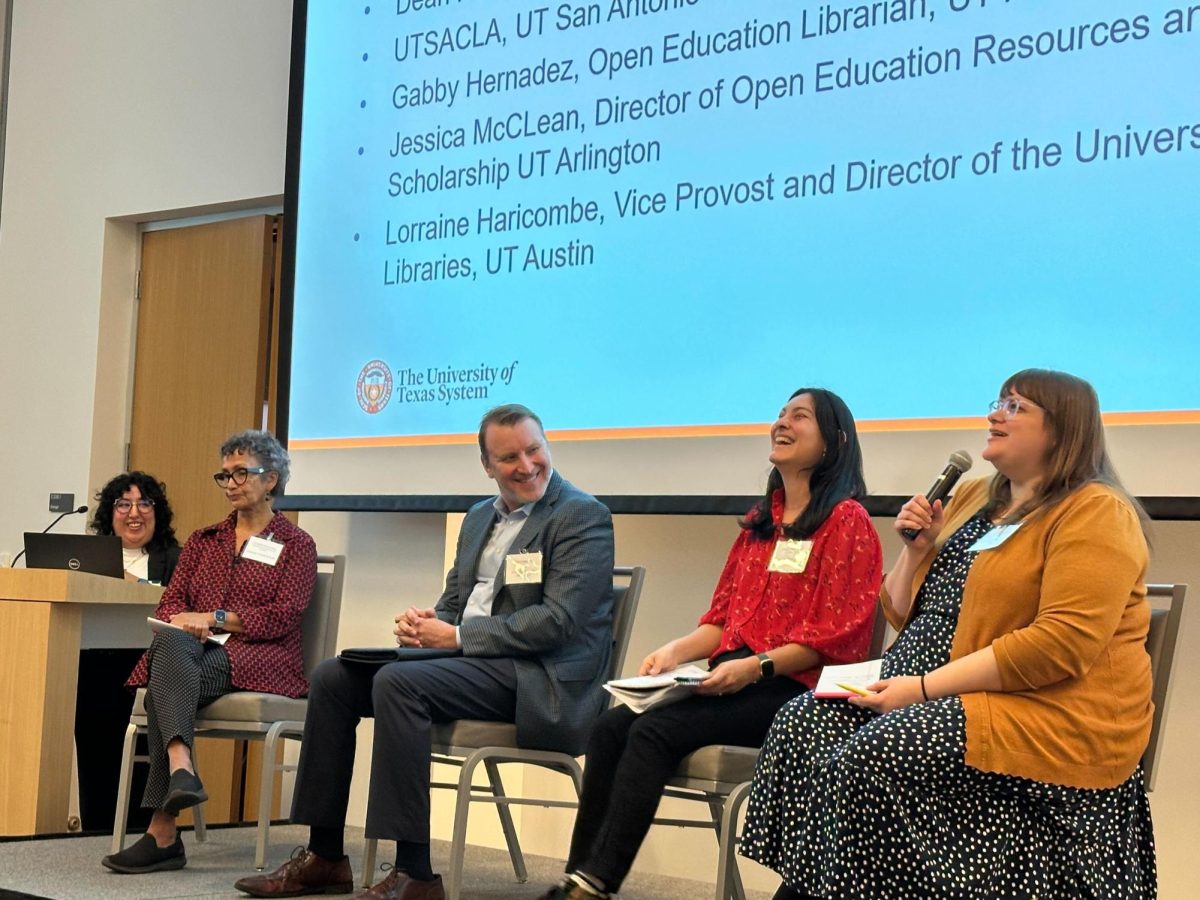Thirteen University students and faculty called into the Thursday UT System Board of Regents meeting to express concerns about UT-Austin’s fall reopening plan.
UT-Austin, like the other UT academic institutions, is currently planning to reopen its campus with in-person, online and hybrid classes.
Bennett Burke, a history and political communications sophomore, said at the meeting campus should not reopen to ensure the safety of UT community members and prevent them from becoming infected with COVID-19.
"I know finances often play a role in decisions made by the Board of Regents so to put in a way that speaks to that: the UT System can't make any money if all the students are sick, dead or unable to attend because of high tuition costs in a global pandemic and economic crisis,” Burke said.
Architectural engineering sophomore Allison Navejas said at the meeting that UT needs to come out with strong consequences for students who neglect the University’s guidelines.
“Lives are at stake, and if UT shows leniency enforcing these guidelines, that will reveal that the safety of the UT community is not a priority,” Navejas said.
In response to the reopening plan, UT-Austin employees also drafted a petition calling on the UT System to make changes to universities’ operations as the fall semester approaches.
The demands include moving all face-to-face classes with more than 10 people to remote learning and lowering tuition by 10% throughout the pandemic.
"Our demands (come from) a really deep concern that the pandemic response has been based on passing down responsibility for safety,” said Anne Lewis, a radio-television-film associate professor, at the meeting.
Currently, more than 75% of the total class seats in the University are online, according to a UT News press release sent out August 11.
System Chancellor James Milliken said there are many reasons why the campuses have decided not to go fully online, such as the fact that some students may not have access to online instructional material.
“This is not an issue of health and safety versus revenue,“ Milliken said. “Our obligation is to provide a high quality education that our institutions … deserve, and we have to do it in a way that keeps our campuses as safe as possible.”
Board chairman Kevin Eltife said the plans are flexible and may change depending on the situation.
In the past year, the academic institutions had significant financial losses due to COVID-related expenses in the spring and summer semester, Milliken said. However, the financial situation is improving despite the loss of income.
The majority of UT System academic institutions have a net loss of income this past year, except UT-Austin, according to the UT System report.
UT-Austin’s income increased 118% compared to the prior year despite costs related to the pandemic, according to the report. The income factors in a $130 million gift from the Moody Foundation to build a new basketball stadium and reflects increases from other investments, according to the report.
Net income systemwide has decreased compared to last year from about $739 million to $220 million. Overall, the system still made positive income, according to the report.
“Going forward, the presidents strategically focused on cost efficiencies and managing our campuses with a deep understanding of these tough times for families and students, but also recognizing that as we go forward, it's exceedingly important to keep our campuses strong,” said Steve Leslie, system executive vice chancellor for academic affairs.
Editor's note: This story was corrected to accurately reflect a quote from UT student Bennett Burke at the UT System Board of Regents meeting. The Texan regrets this error.





















